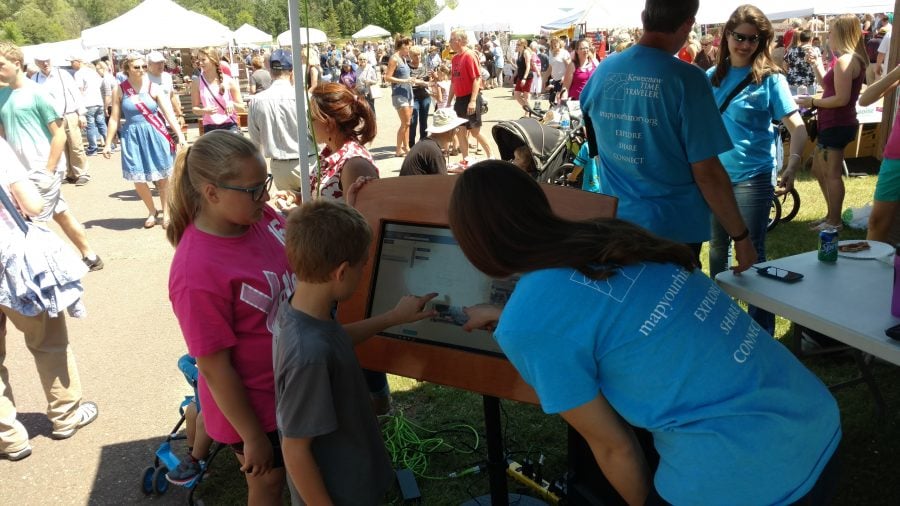An advanced institute in the spatial and digital humanities is coming to Michigan Tech.
Don Lafreniere, a professor of geography and geographic information science (GIS) in Tech’s Department of Social Sciences is leading a team of researchers, staff, and students from Michigan Tech and Wayne State University on project that will develop the National Endowment for the Humanities (NEH) Community Deep Mapping Institute. The project is supported by a $250,000 NEH grant.
